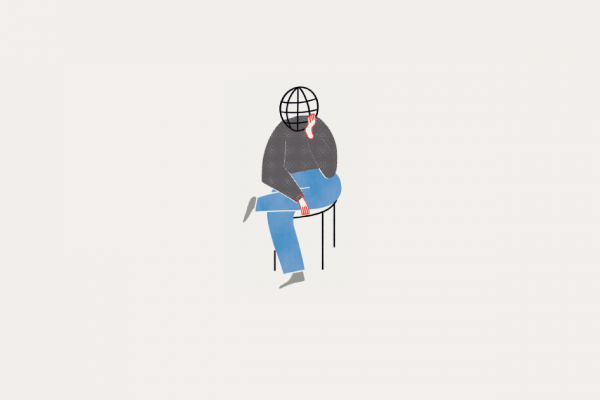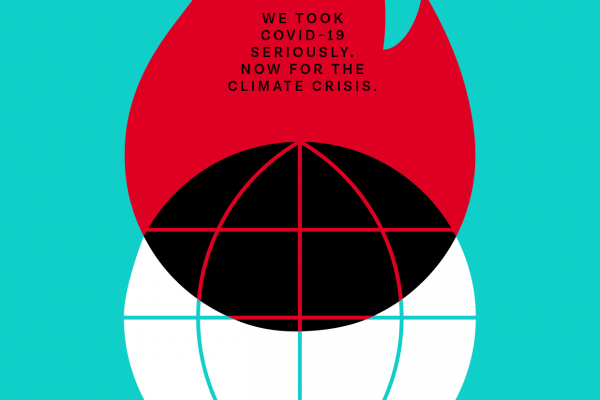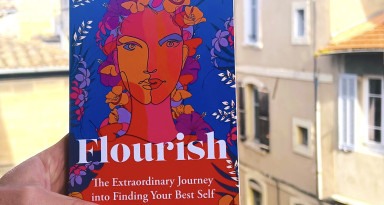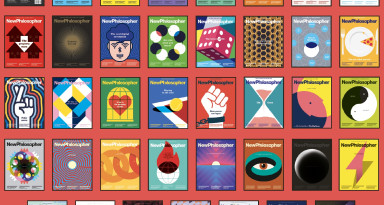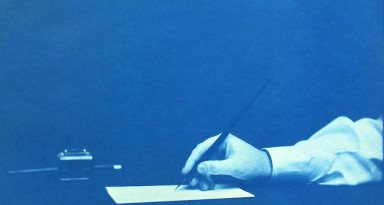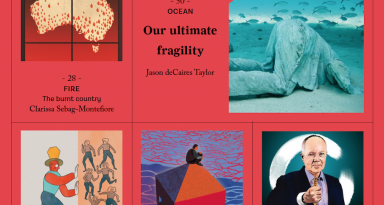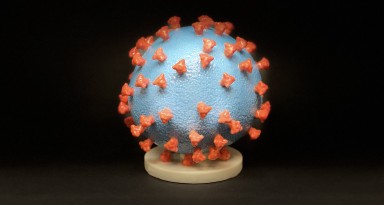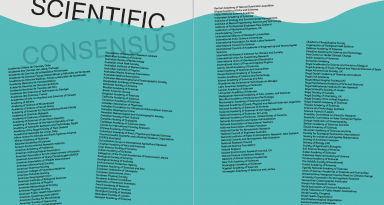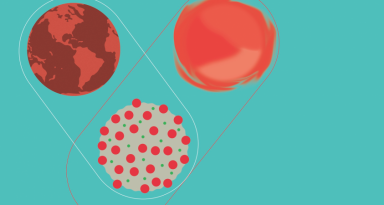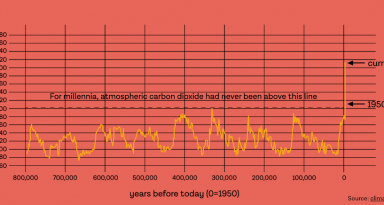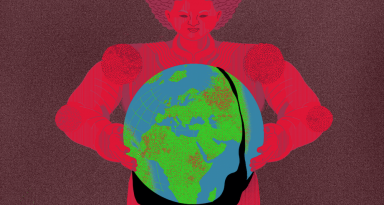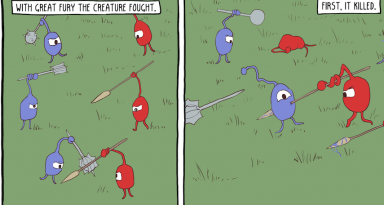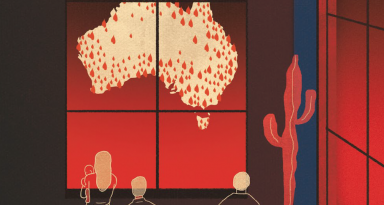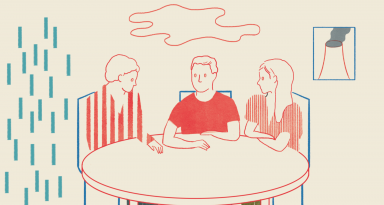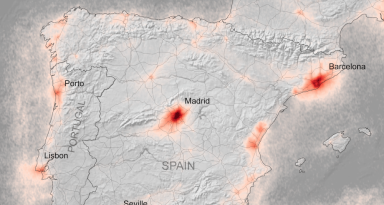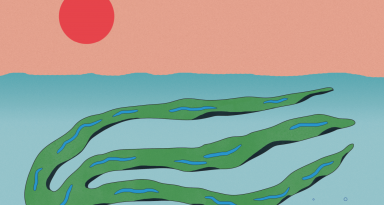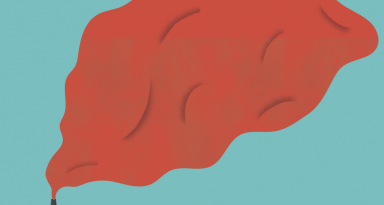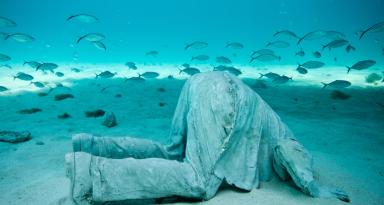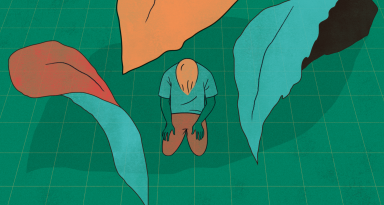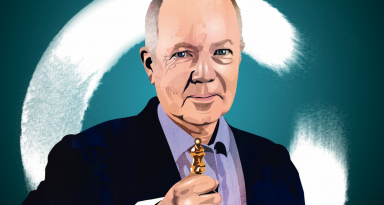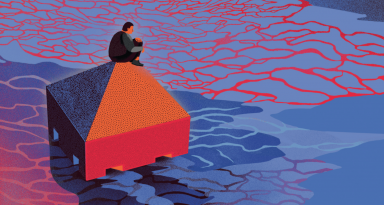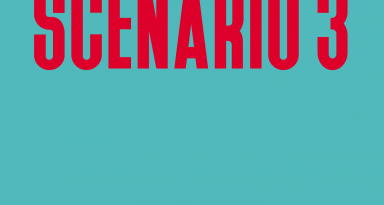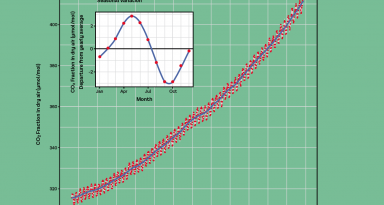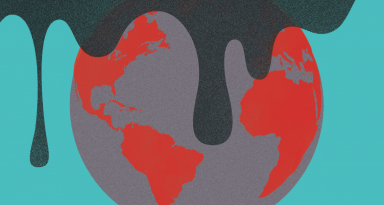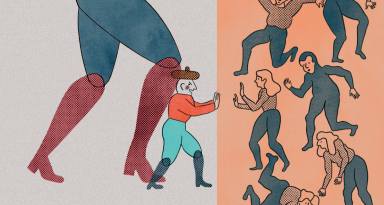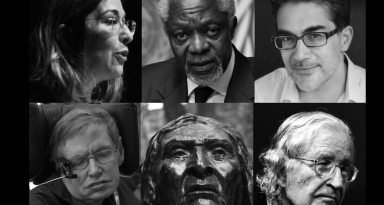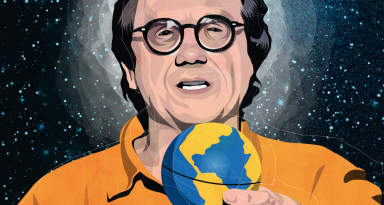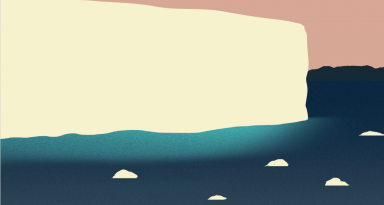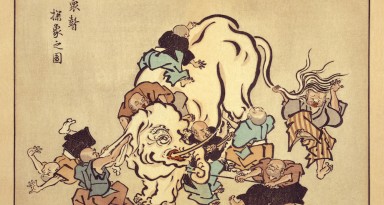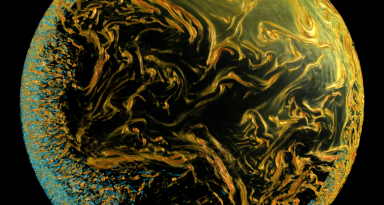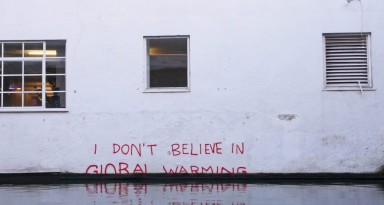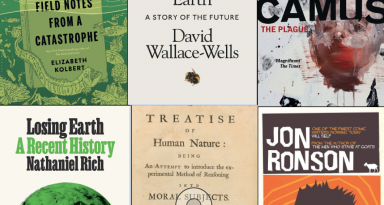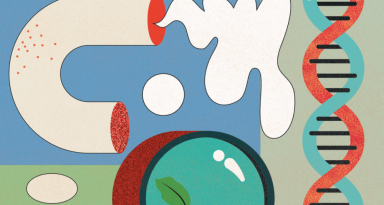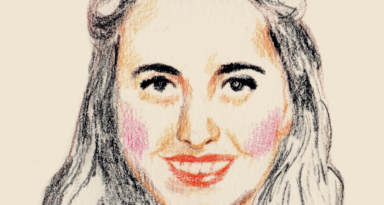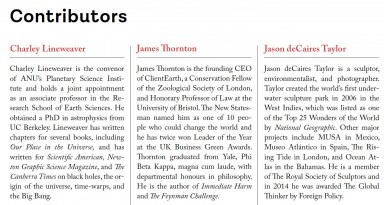Dilemma: I like to think that I care for the environment and for the future of the planet, and I’m concerned by the potential effects of climate change and environmental destruction – bushfires, drought, rising sea levels, food shortages, etc. I try to buy local food and recycled packaging, I steer clear of anything in plastic, and rarely fly anywhere. Yet not all my actions are in the best interests of future generations: I have two vehicles (one of them diesel) that my partner and I use constantly, I heat my inefficiently-designed house using log fires, I conveniently ignore the fact that most of my clothes are shipped from the other side of the world, and I eat meat. However I don’t feel like can change any of these aspects of my life: having just one car would make it all but impossible to ferry our children around, I can’t afford to upgrade heating or buy more expensive local clothes, and a meat-free diet leaves me feeling flat. But even if I were to make these changes, I am certain that it would make no difference to the fate of the planet. The same is true of those around me – it seems to be a case of the tragedy of the commons. Why should concerned citizens change their behaviour in small ways if it will make no difference at all? Meanwhile large companies continue to destroy and pollute…
Answer: As a child, I was taught the Serenity Prayer: “grant me the courage to accept the things I cannot change”. It’s a wonderful distillation of something essential about the human condition. We find ourselves thrown into a world that is not of our making or choosing and thrown into moral connections and relationships that confer on us obligations, responsibilities and sometimes, inescapable guilt.
For many of us, the lifestyles that we live are built to adapt to a system that we are rapidly discovering is fundamentally unjust and unsustainable. Our fit-for-purpose lives make sense within an unfit-for-purpose system. And now, in a moment where pivotal change is necessary, many people are trying to change their lives whilst the system stubbornly insists on staying the same.
The result of this is usually a lot of sacrifice on the part of individual people and families. We make our lives better aligned to our values and the longevity of the planet but do so at the cost of how well-optimised our lifestyle is to the economic and social systems we’ve been thrown into.
Realising this can remind us of the value of acceptance: we cannot change the system by changing our behaviour, so perhaps we need to find other ways of changing the system and, in the meanwhile, accept and find ways to make sense of our complicity.
Perhaps. But to do this alone would be an incomplete moral response. After all, as many reading this would know, I’ve offered an incomplete citing of the Serenity Prayer. The full version continues “… grant me the courage to change what I can, and the wisdom to know the difference.”
Accepting our inevitable connection to the current state of affairs is only an appropriate moral response once we’re confident we’ve dealt with what can be changed. It seems to me as though there are parts of your life you’re treating as fixed that might actually be quite flexible. For instance, do your children have the ability to use public transport? How much ferrying do they really need? What options are there for carpooling?
There’s a difference between something being impossible to change and it being hard or inconvenient to change. When we hit the former, we need to accept the reality of our life, warts and all. When it’s the latter, we shouldn’t throw our hands up and surrender. We should fight to make our life and our world one we’d be proud to live in, and to have played a role in building.
What’s more, whilst the serenity prayer approach offers a quiet dignity in the face of unshakeable challenges, it’s by no means the only approach. Perhaps your actions won’t make a difference one way or another in the grand scheme of things. It doesn’t follow that you should lend the strength of your arm to ecological collapse. There may be dignity in acceptance, but it can also be found in continuing to fight, strive and howl in protest, even when facing impossible odds.
Ethical children: questions from and answers for children.
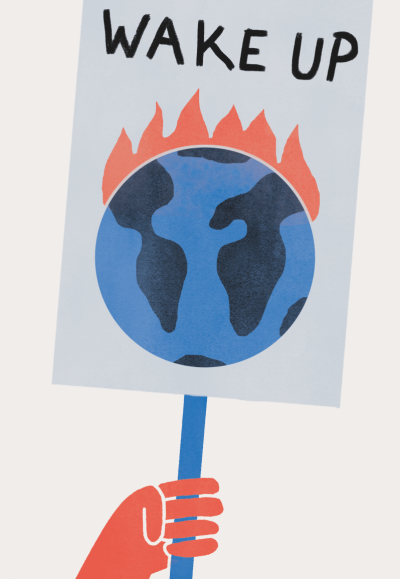
If we know it’s a bad thing, why don’t we stop climate change?
The trickiest part of this question is the word ‘we’. Lots of us believe that climate change is real and that’s is a bad thing (that is probably going to get worse). But not everybody thinks that way. There are still people who deny the existence or seriousness of climate change, even despite the evidence.
Unfortunately, some of these people are very powerful and very wealthy.
It might be nice if the world was a perfect democracy, where every person had the same ability to influence what happened. In reality, sometimes a small group of people have much more influence than they should. Some people have had much more impact than others in causing climate change, and now some people are having more impact in getting in the way of addressing it.
What that means is that each of us needs to think differently about how we work to stop climate change. We need to unite. Each of us working alone – doing things like recycling, avoiding plastic or being more sustainable – is good, but it won’t go far enough. We need to give ourselves one big, loud voice that’s as powerful as the people getting in the way. That means writing to politicians, showing up to protests and getting other people to do the same.
Alone, none of us is as powerful as some of the big climate deniers. But together, we can be noisy enough to overcome them.
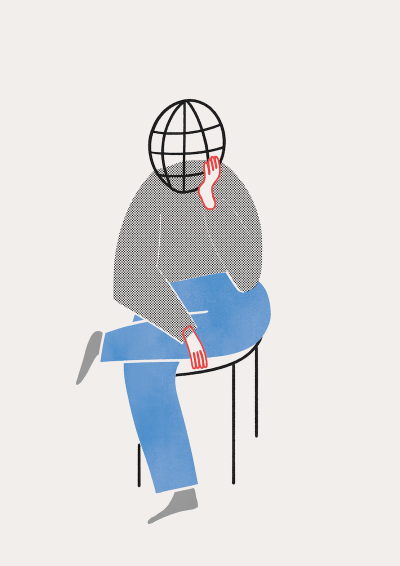
What happens if everything on Earth dies – does the Earth die too?
There’s a famous short story – some people say it’s the shortest story ever written. It goes like this: “For sale: baby shoes, never worn.”
Lots of people read this story as being a story about a baby who died. The shoes are being sold because there is no baby to put them on anymore. When the baby died, the idea of the shoes died with it.
We might think that an Earth without any life on it is a bit like those baby shoes. It’s tempting to think that because everything that lives on Earth is dead, the planet itself is dead too. But I’m not sure that’s true.
Without anything living here, the Earth would still soar through space, waves would continue to crash against cliffs, rivers would run and lightning would crack across the horizon. The planet would be full of sound, colour, order and chaos.
I think it would be better if there was life around to enjoy the Earth. Just like it would be better if there was a baby foot to put the shoe onto. But even without life, the shoe is beautiful, as is the Earth, and both can serve as a reminder that something very special – life – has been lost.
< Making the world | Wild thinking >
